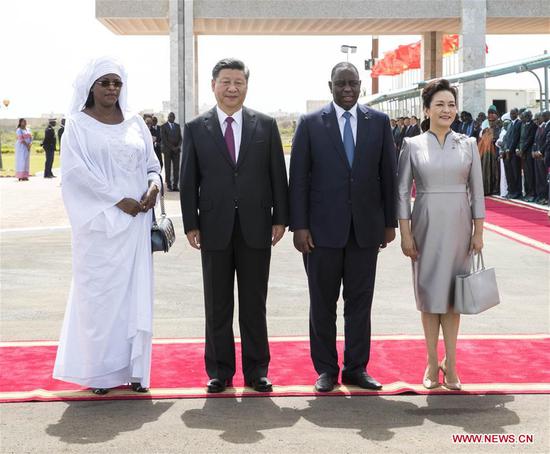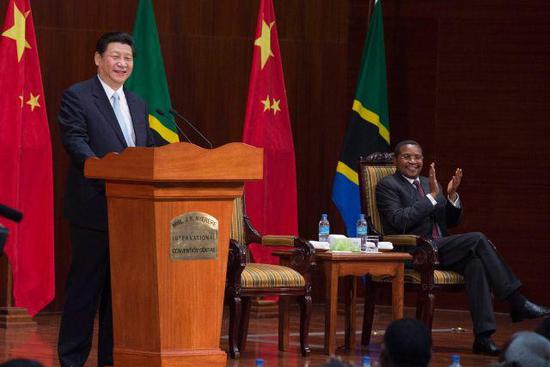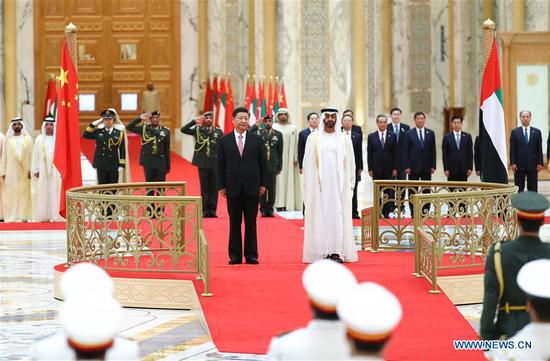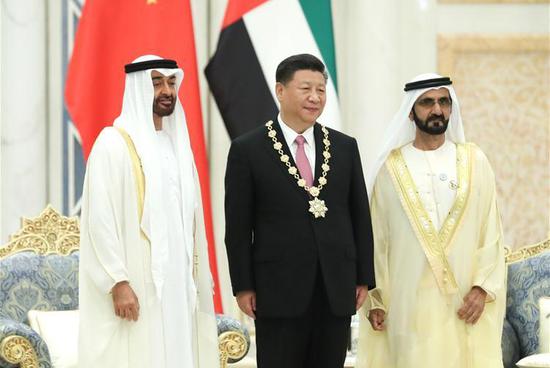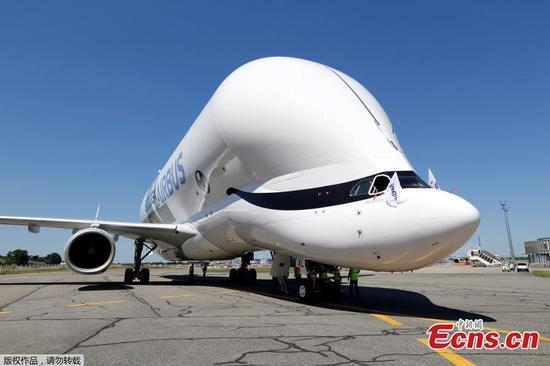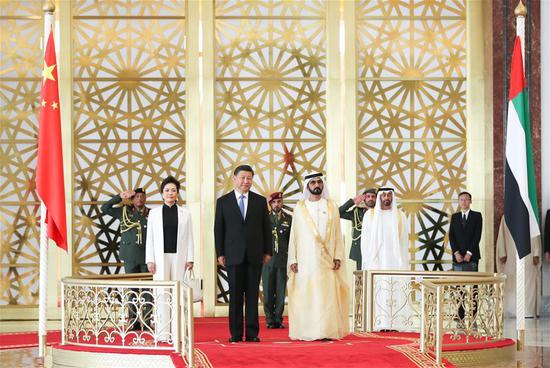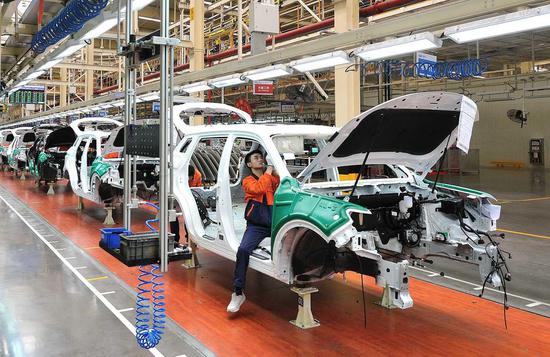
The production plant of Zhejiang Geely Holding Group at Ningbo, Zhejiang Province. (Photo provided to China Daily)
Carmaker evolves rapidly into global player and leader in new energy vehicles segment
In the 1990s, Li Shufu, already a founder of a small size motorcycle company in China, said he wanted to make cars next. People thought he was crazy.
Even then, China was a developing economy. For most people, car was an unaffordable luxury. The local automobile market was not big. Indigenous manufacturing technologies were not world-class. So, a foray into cars was not only fraught with risk but bordered on reckless fantasy.
Or so it seemed. But, time has shown Li is an astute businessman, perhaps even a visionary.
Now 55, Li has turned Zhejiang Geely Holding Group into one of China's top three carmakers by sales. For the seventh consecutive year, Geely figured among the Fortune Global 500 companies this year.
Li attributes Geely's transformation to the country's reform and opening-up policies, which have offered many Chinese companies more market-oriented and flexible economic policies to grow. More importantly, they were enabled to participate in global trade.
Founded in 1986, Geely now owns several brands in both domestic and overseas markets. Among its stable are Volvo and London Electric Vehicle Co.
Geely made headlines recently for picking up a nearly 10 percent stake in Germany's Daimler AG, thus becoming the largest single shareholder in the company that produces famous car brands such as Mercedes-Benz.
The Hangzhou, Zhejiang province-based carmaker's sights now stretch far and wide. Its goal is to become globally competitive, riding the opportunities presented by the deepening of reform and opening-up.
"If we at Geely want to achieve sustainable development in the future, global collaborations and technology advancements are extremely important," said Li, who is now chairman of Geely.
"It is a current trend that global automobile companies shake hands with each other to form strategic partnerships, which is an ideal way of reducing costs on things like research and development," Li said.
That philosophy informed Geely's $1.8 billion acquisition of Volvo in 2010, which marked the former's first step toward going global.
"Some people have a misunderstanding that Geely invested a large sum of money in Volvo. In fact, it has not. Instead, we reckon it more as a strategy upgrade and an adjustment of our business direction," Li said.
"During this process, both companies are working together to improve. Volvo mainly helped Geely to improve quality and research and development while Geely helped Volvo in things like cost management."

















